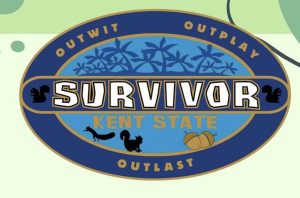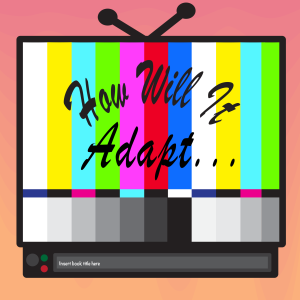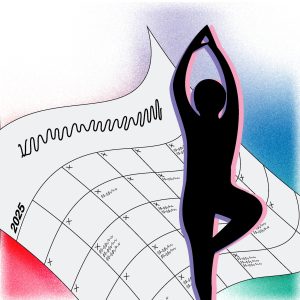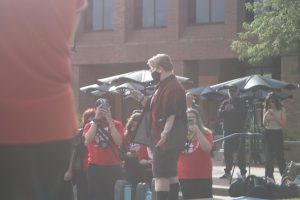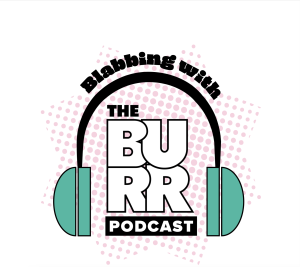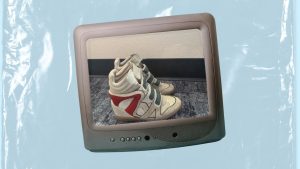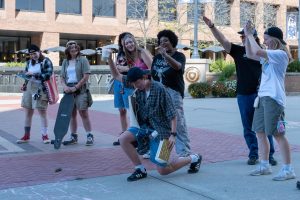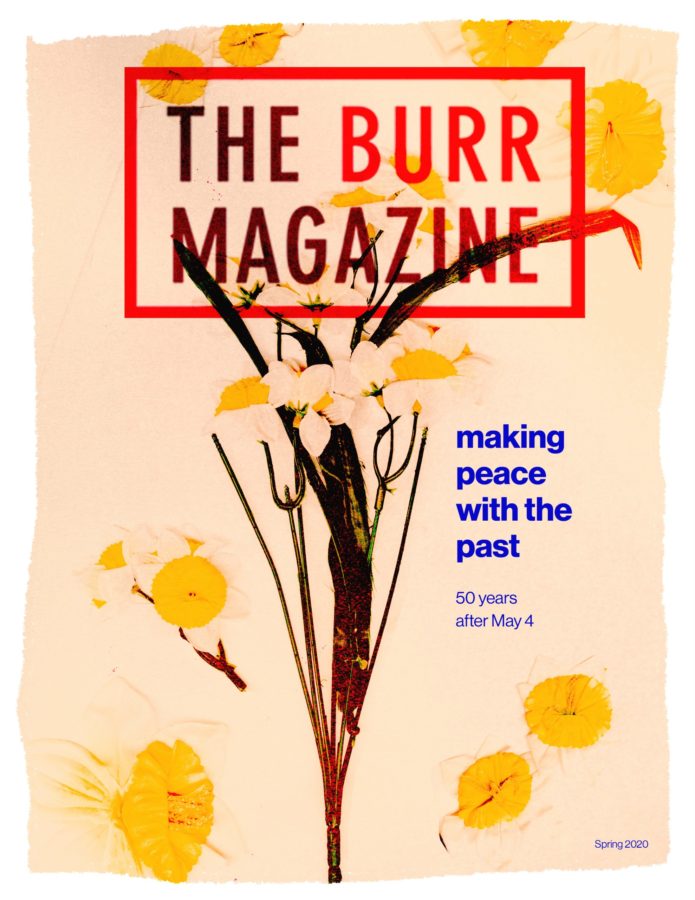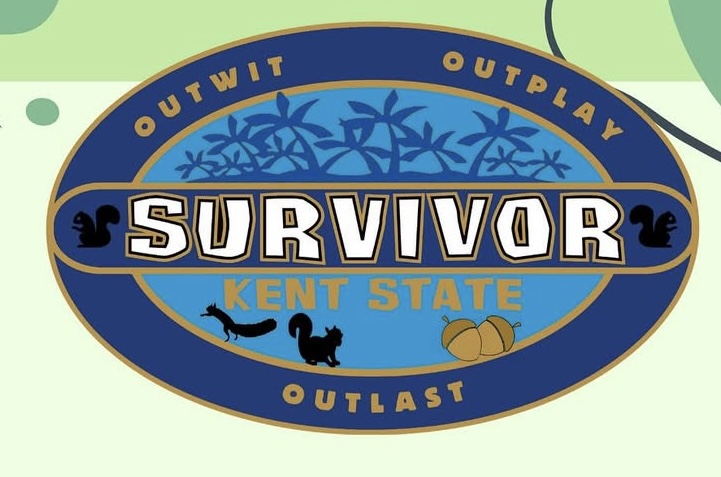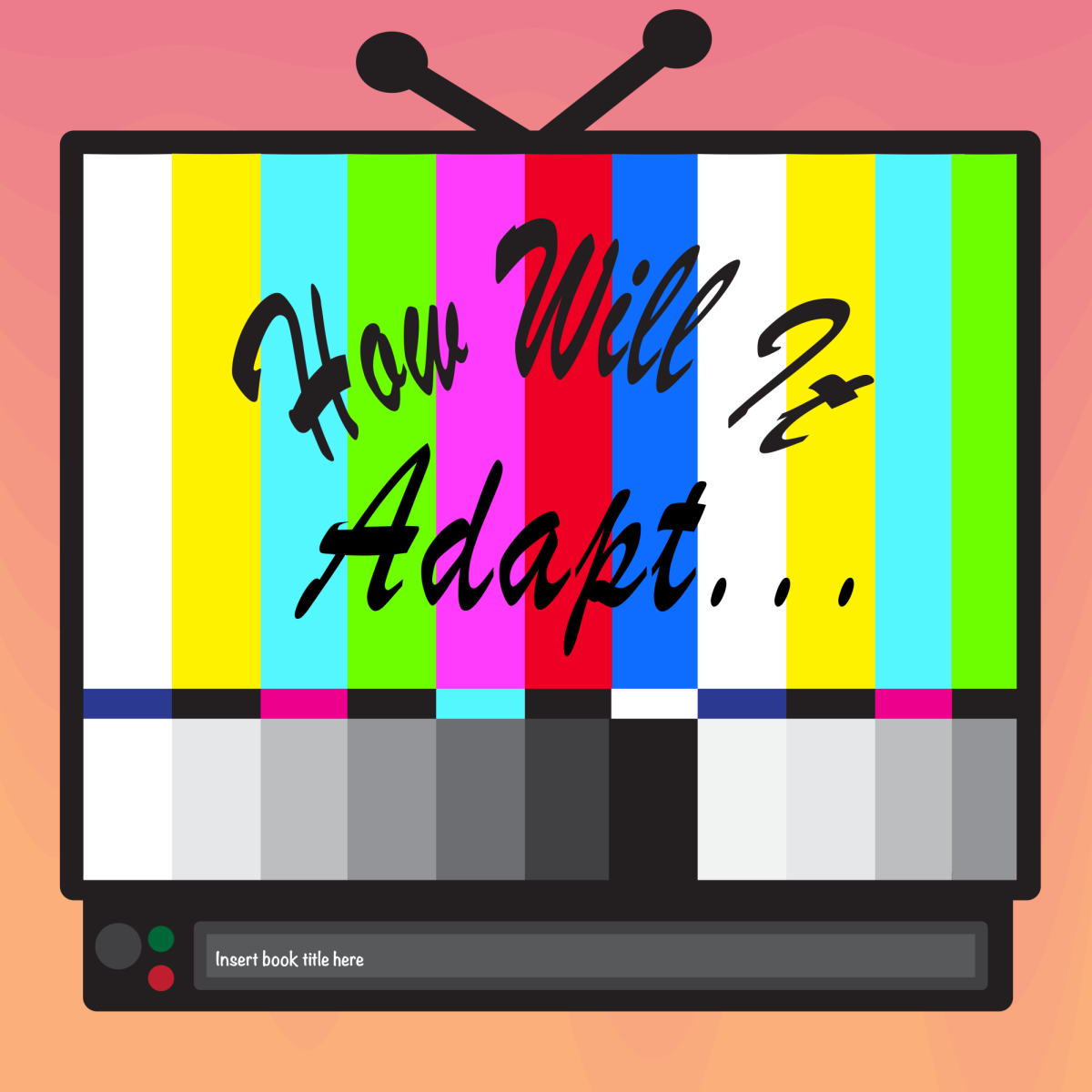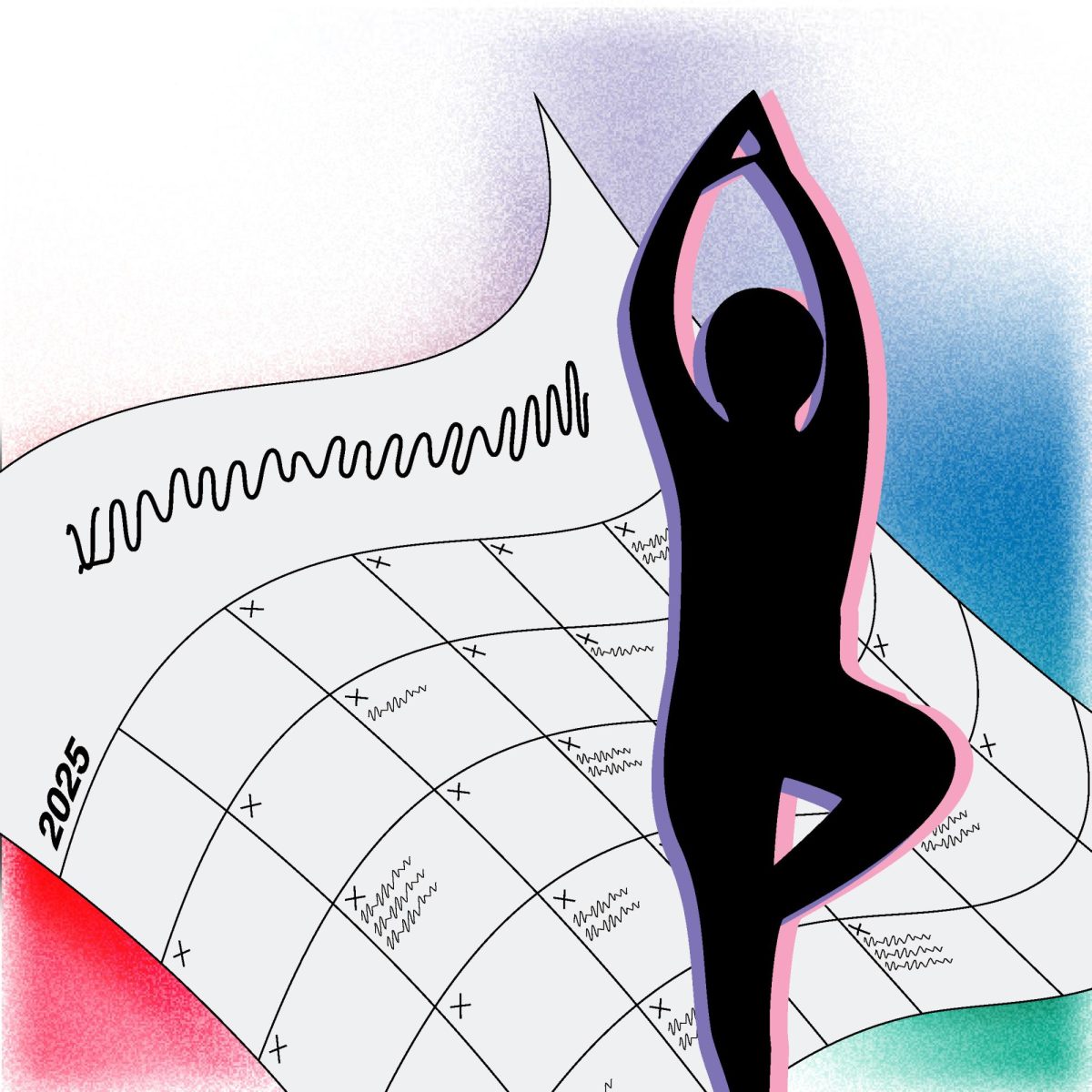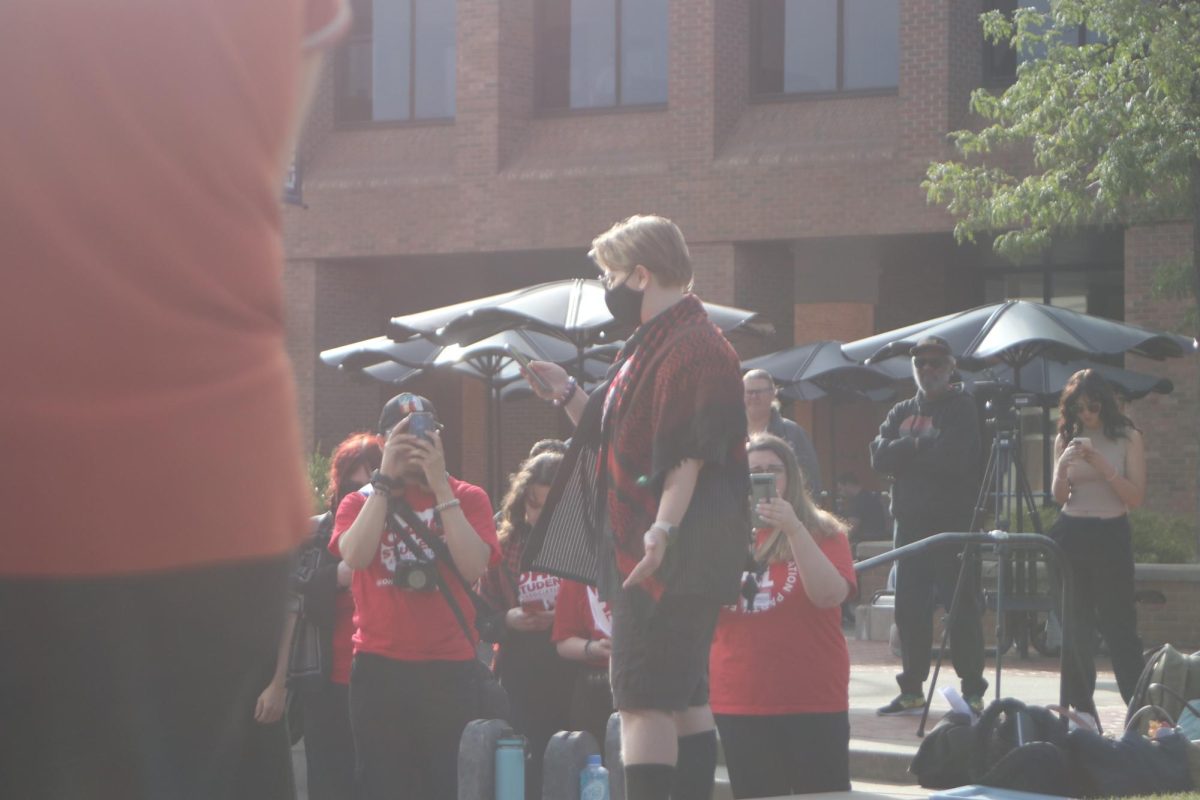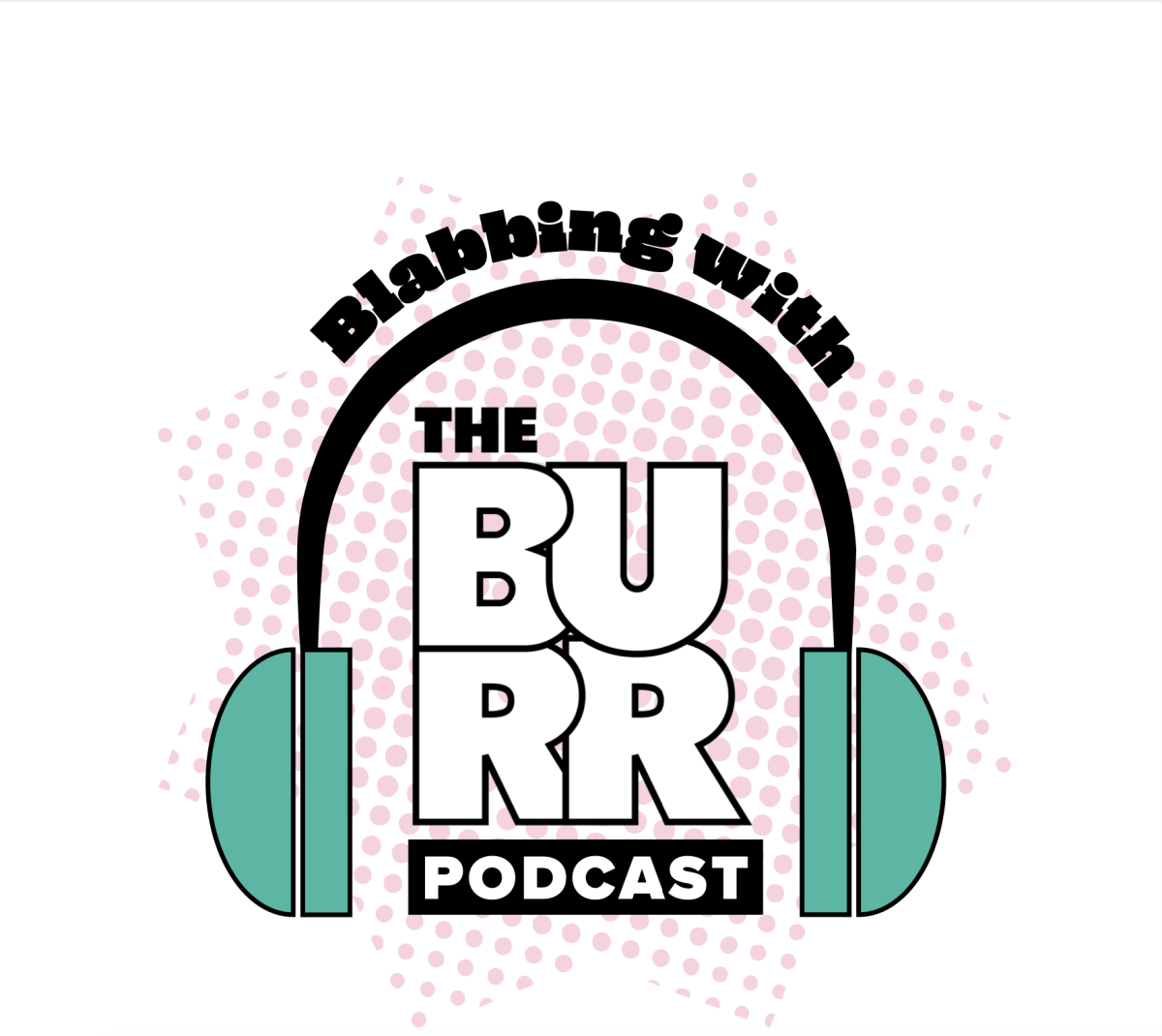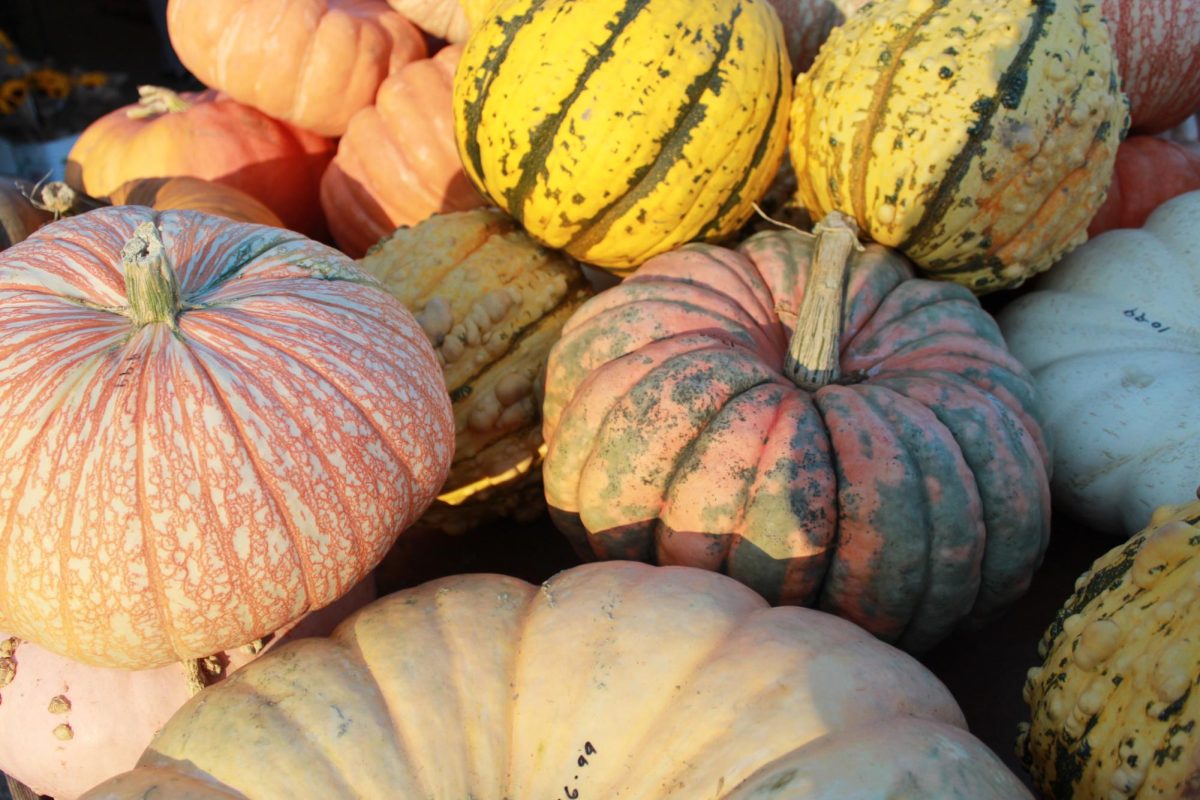The coronavirus pandemic hasn’t made me cry yet.
For as over-emotional as I am, that statement shocks me. Everything has been uprooted. Everything about this semester is completely different than how I imagined it would be. I’m sitting on my living room floor at my coffee table taking notes for my abnormal psychology class which is now online. I have space in my house for a home office, but I haven’t gotten around to finishing it yet. I figured since I’d have my own office this semester as editor-in-chief of The Burr I would just do my work there.
Being an “editor-in-chief” was such an exciting thing to me. Before I even applied to be The Burr editor, I knew this issue of the magazine was going to be historic. This year marks the 50th anniversary of May 4, 1970, and the magazine is essentially a book of stories and photos that dive into the passage of time on campus and in the world in regard to politics, protest and healing. I worked hard before the semester started to come up with story ideas, people to talk to and a general vision for the magazine. I studied old copies of The Burr that covered May 4 during other big commemorative years. I spent days and days planning the pages out in my head. Then I started meeting with my staff and those ideas started coming to life as we got closer to our production date. I was so proud of myself and so excited to bring all of my ideas to life with the magazine and my staff. I spent my entire winter break planning everything out and sending emails dripping with excitement and aspiration.
As a result, this spring’s issue, when we finished it on March 20, was something special, especially considering this year marks the 50th commemorative year of May 4. The magazine served as a sort of time capsule. It reflected on life and the tone of the world in 1970 and compared it to the way of the world now in 2020. We focused heavily on the passage of time and the idea of healing, and in doing so we learned that maybe time doesn’t heal all wounds like we’re told it does. We wrote stories that display the evolution of campus with pictures of what certain landmarks, like the Prentice Hall parking lot, looked like in 1970 compared to now. We wrote stories about what protests look like now compared to 50 years ago and what, if anything, has changed.
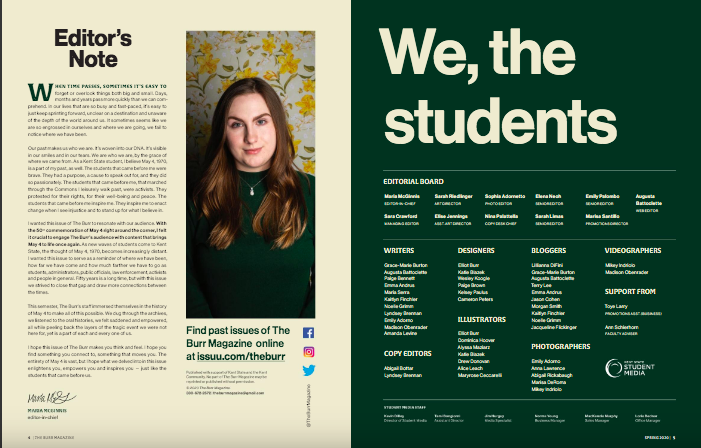
Fifty years ago, the thought of me didn’t even exist, yet I found myself connecting to the people who were there and lived through the tumultuous ‘60s and ‘70s, and my fellow staff members felt it, too. Knowing this, I felt confident that we did our jobs as journalists with this issue. Quite often in this process, we struggled with whether stories surrounding an event that happened 50 years ago would matter to our audience, considering they’re mostly college students. Every year a new freshman class strolls onto campus with a greater period of time separating them from May 4, and the connection starts to diminish But after seeing how connected The Burr staff felt to this content and how it resonated with us now, 50 years later, I knew today’s Kent State would really feel something when they picked up our magazine.
Fast-forward several weeks and all of that came to a grinding halt. Classes and events got cancelled. Basic supplies at the grocery store I hardly think about disappeared off the shelves and the world around me spun completely out of control in the matter of a week.
I was at home having lunch between classes when I got the announcement about classes going remote. I have to be honest, I wasn’t that shocked. I had been following the coronavirus news for a while and after seeing other universities take an “extended spring break” I figured it was only a matter of time before Kent State did the same.
My initial response was a sad panic. The Burr staff had been working to produce the spring issue of the magazine before spring break, so we were in a good spot despite all of these cancellations and already had dates in mind for printing, delivery and distribution. I felt confident that we could still produce a magazine despite everything going on around us, but the question was “how?” We can’t meet in our office, people are moving out and going home so half the staff is unavailable, plus all of this happened so suddenly how was I supposed to get everyone back on track?
At this point, production was a week away. We were so close to having the magazine finished, I could see it on the stands. We weren’t allowed on campus after the remote learning went into effect, but I decided to have the staff meet remotely to have our production and make final edits to the pages. My plan was that we’d finish the magazine, send it off to be printed and by the time we were able to return to campus in early April, it would be on stands.
The universe had other plans, though.
A couple days after the original announcement, another email from President Todd Diacon appeared in my inbox. I figured this was coming, too. Something just felt off about the way life was operating in the few days before the second announcement came through. In the initial emails from my professors, it seemed like they knew something else would be coming. “When and if we return to normal classes,” was a common thread. It made me think, “Maybe they know something I don’t?” Maybe they did, or maybe it was just a coincidence. Either way, it was announced that classes would remain remote for the rest of the semester.
I remember texting Kevin Dilley, the director of Student Media, immediately after reading the announcement. I knew he and so many other people probably had a million questions and concerns at the moment, but I had to reach out about The Burr. “Should I still do this magazine? Is it worth it? Will anyone even see it? What’s happening to the May 4 commemoration?”
We decided to continue. We concluded that the content in the magazine revolving around May 4 will still be relevant later this year, next year and so on. If the magazine sits on stands for a little longer than originally intended, it will still resonate with readers so we should continue publishing. As for the May 4 commemoration, it was still up in the air. We discussed some ideas for alternative distribution to reach as many readers as possible and decided to keep pushing forward and we’d figure out the rest of the details later. My staff and I met remotely and carried on production as usual. It was as if nothing was different, yet everything had changed. Regardless, we got it done. We sent in the pages and did our part for production and now it’s just a matter of waiting to print and receive the shipments to distribute.
I felt good. I could take a deep breath now. The magazine was finished and now I can focus on keeping up with our online stories and blogs and my own class work.
Then March 23 happened.
Another email from the university appeared in my inbox. The subject line gave away the contents within. “Kent State May 4 50th Commemoration Weekend Events Canceled in Response to COVID-19 Virus.”
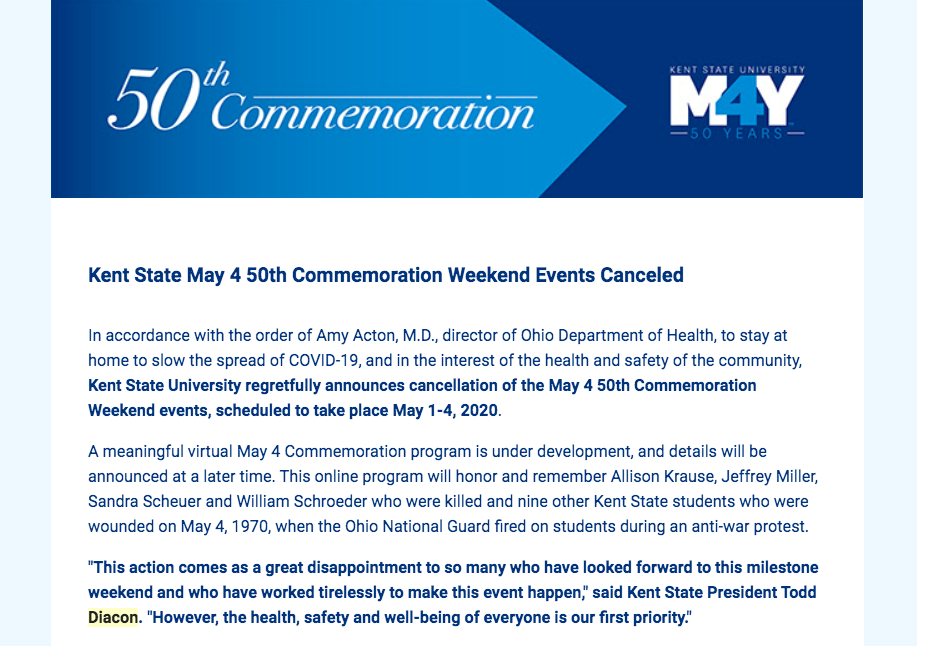
“So that’s it,” I said to myself as I read the email and worked with another reporter to break the news on KentWired. “There’s no commemoration weekend. No alumni coming to campus for May 4. No one to pick up the magazine we worked so hard on.” I thought this would definitely be the time the pandemic would make me cry. And it almost did.
I took a minute to myself after breaking the news on KentWired. I closed my laptop, rolled out my yoga mat and opened my bedroom windows to let some sunlight in. I crouched down on my mat and took a deep breath in. As I slid into child’s pose and with my forehead pressed into the mat, I started thinking about everything I do have. We won’t have a May 4 commemoration, I can’t see my friends and professors, I can’t go to my classes, I can’t spend time in the newsroom or The Burr office, I can’t walk through Franklin Hall, but in the midst of all of that there has to be some good. “What do I have that’s good?” I thought about my family, my health and theirs. I thought about my pets and going for walks on sunny days. I thought about all the great times I did have this semester before things changed and how thankful I am for the ability to do it again in the fall. I also thought about how life isn’t going the way I want it to right now, but realized I’m not the only one and there are so many people dealing with far worse than I am.
These thoughts gave me some clarity. I love what I do in student media and it’s really important to me and others. But considering the state of the world, being worried about how many people would see our magazine, or how we’d get it out there, seemed unimportant in comparison to other things I could be worried about right now.
I miss campus. I’m lucky enough to live 20 minutes away so I can visit any time, but it’s not the same. On a warmer day I decided to drive to campus, park outside the performing arts building and take a walk. Before I left my house, I grabbed some hand sanitizer and put on a face mask. I caught myself in the mirror before leaving, only my eyes were visible with the face mask taking up the majority of the space on my face. “This is what it’s like now?” I thought to myself.
Walking around campus now, it’s eerie. The only sound I hear is my own footsteps on the sidewalk and the engine of the occasional car passing by on the street. It’s empty. There are no bikes, no busses, no students rushing between buildings. The hustle and bustle that is Kent that I’ve come to know and love has vanished. Walking up the esplanade, I feel like I’m in an alternate universe.
I’ve read stories about how campus was after May 4, 1970. It seems as if it was similar to the way it is now. Students were forced to go home, people were afraid and hesitant to come back, it was quiet and contactless for quite some time. In an interview for a story in our spring issue, a woman who was here on May 4 mentioned she had a friend keeping a wedding dress in her dorm room. But then May 4 happened, and without a choice, and much less time than we had, she had to leave campus, and her wedding dress, behind. It’s interesting how history always finds a way to repeat itself, sometimes in mysterious ways.
Our magazine will go online and survive on the great World Wide Web. This wasn’t my original plan, but with the campus remaining desolate throughout the summer, it’s the best financial decision I could make as an editor. It was a difficult decision, but I’ve learned that difficult decisions come with the job. Eventually the magazine will print. Hopefully the world returns to normal in the fall and we can crowd campus once again and hold a tangible copy of The Burr. By then, the 50th anniversary of May 4 will have passed, and for a moment I worried about whether our magazine would still matter. Do people want to read about May 4 in November? I hope so.
As concerning as that was for a moment, I thought about it and realized we’ve been reading about May 4 for 50 years, so of course it’ll still be relevant in November of this year and next year and so on. I believe it doesn’t matter what the timestamp is. If a piece of writing makes you feel something, read it. Read it tomorrow and next year, too. The stories we wrote deal with peace and pain and forgiveness. And aside from the quality of content that went into the magazine, I think the hard work of my staff is something that will resonate, too. Despite everything going on in the world and how quick and drastic life changed, we still managed to keep our word and produce a commemorative magazine. We worked hard, diligently and effectively to get this done, and we did it together. So I hope when people finally get their hands on this issue of The Burr, they can feel that same energy we did as they flip through the pages.
I still haven’t cried yet. It seems that with every passing day I have more of a reason to, but I just haven’t. I see sad posts on social media about people dying, losing their jobs and living in distress, and I do feel bad about that, but it hasn’t punctured whatever emotional wall I’ve built to ignore that pain. Maybe I’m just too busy in my own life to deal with it right now. Despite everything in the world seeming to be paused, life still goes on. Days continue to pass and those days turn into weeks and so on. I’ll return to campus in the fall (hopefully) and I’m thankful for that. I couldn’t imagine graduating into the world to start a new chapter of my life at this time. Whether Kent State welcomes us back in person in August or not, I’ll return to student media, taking on another editor-in-chief position. I’ll be back in Franklin Hall, back with my friends and professors and it will all feel the same. But really, everything will be different. I will be different. By then, I’ll have months of living through a global health crisis under my belt. I’ll have months of reporting and reading the same sad news and I’ll have months of not seeing my family or friends. Maybe then all these emotions will hit me. Maybe then I’ll finally cry.

